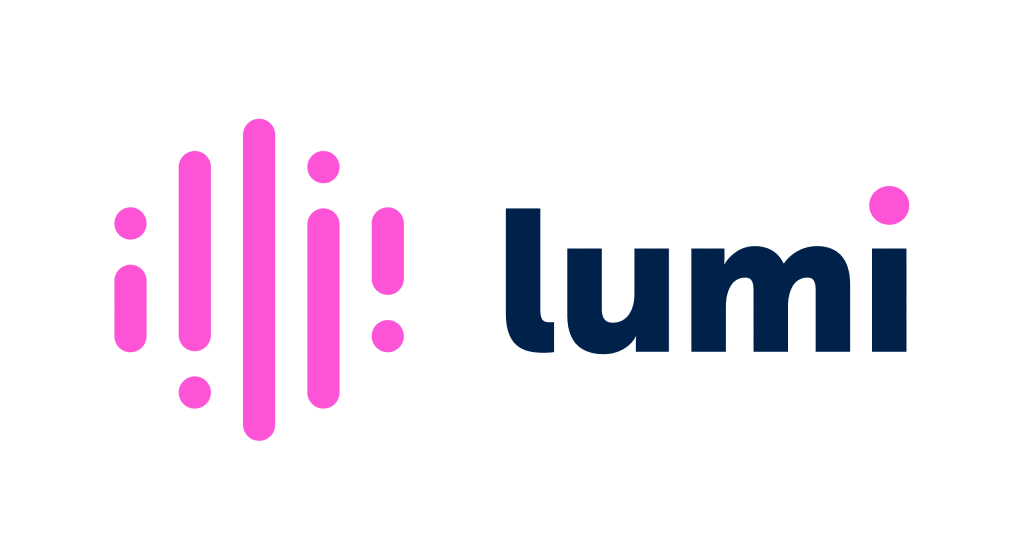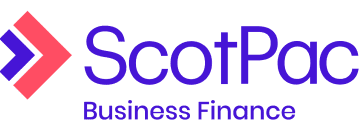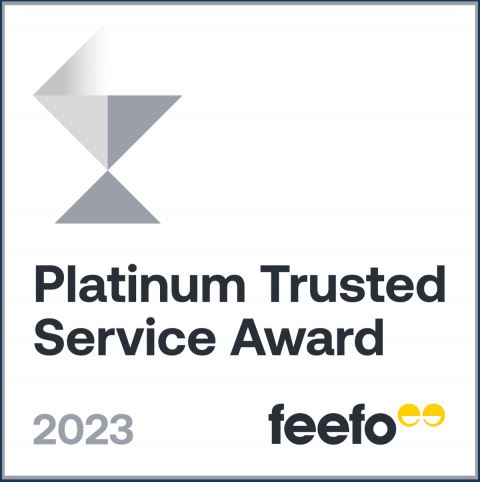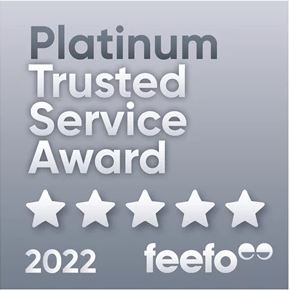A short-term business loan refers to a business loan used as a short-term solution to a problem rather than a long-term investment for your business. They’re designed to be paid off within one to three years and deal with smaller amounts that can be paid off more quickly, from micro loans as small as $5,000 up to $300,000.
While a long-term loan might be suited to large scale projects like buying a property or opening up a new outlet for your business, short-term loans are more suited for things like upgrading equipment, consolidating debt, paying wages or even providing the upfront finance to run an event or conference.
There are many different types of business loans that could be regarded as short-term loans, so your business has a wide variety of temporary finance options on the table.
Why compare business loans with Savvy?
You can speak with one of our specialist commercial brokers who can walk you through a range of loans to best suit your companies needs.
You can compare business loan offers, through a range of trusted lenders, maximising your chances of a great rate.
You can fill out our simple online form to generate a free business finance quote within minutes. You can also come back to it at any time.
Business lenders you can compare







The benefits of a short-term business loan
Repay over as little as three months
No security required
Borrow from $5,000 to $500,000
Competitive interest rates
Available to new businesses
Rapid application turnaround
Free early repayment options
Lower interest outlay
The types of business finance
What our customers say about their finance experience
What our customers are saying


Savvy is rated 4.9 for customer satisfaction by 94 customers.
What other options do I have for short-term business finance?
Business credit card
A business credit card is similar to a personal credit card, except that it’s tied to your business’ finances rather than yours. It gives you the same flexibility with borrowing money at need – normally at pretty steep interest. Just like a personal credit card, it’s best suited to expenses that can be paid off quickly – preferably within a couple of months.
Business line of credit
A line of credit has some similarities with a credit card. It involves your lender setting aside an amount of funds that your business can call on at need. Just like a credit card, you only pay interest on the money you’ve borrowed. Unlike a credit card, though, it’s often only available for a specific period of time (often between one month and three years, although some lenders will go longer). The penalty fees for late payments and going over the credit limit can also be very high.
Invoice financing
This is a unique form of financing which involves selling on some of your outstanding invoices (i.e., the money other people owe you) on to a lender. The lender pays you a proportion of the invoice amount and takes on the responsibility of collecting the debt. Once the debt is repaid, they’ll pay you the remaining amount – minus fees and interest.
Merchant cash advance
A merchant cash advance is a kind of finance where, rather than making repayments at a set rate, a lender agrees to take a percentage of your business profits to progressively pay off the loan. It gives you some protection against being overwhelmed by loan repayments in a slow business period, but it’s only really suitable for businesses with a steady cash turnover. There’s also less government regulation on these loans – it’s technically a “sale of future revenue” rather than a loan, so it’s not subject to the normal rules of small cash loans.
Applying for a business loan
Start by filling out our simple online application form. This will tell us details like what you want your loan for, how much you need and your business’ structure, revenue and trading time.
We may require further information in some cases to verify parts of your application. If this is the case, we’ll ask you to submit additional documents via our online portal.
Once we get all the info we need, we’ll get to work comparing options from our lender panel. A member of our consultant team will give you a call to talk about your options.
After you give us the all-clear, we’ll get to work preparing your application to submit to your lender. This can be formally approved as soon as within 24 hours.
Once you receive approval, you’ll be sent all the required contracts and forms you’ll need to sign, which can be done electronically. We’ll handle settlement and your funds will be transferred once it's all wrapped up!
Business loan eligibility and documentation
Age
You must be at least 18 years of age
Residency
You must be an Australian citizen or permanent resident (or, in some cases, an eligible visa holder)
ABN registration
Have an ABN registered in your name (available from as soon as one day after registration)
Usage
Meet business usage requirements (at least 51% of any asset you buy, for example)
Credit score
You must meet your lender’s minimum personal and business credit score requirements
Commercial asset
If you're buying an asset with a secured loan, it must meet your lender’s requirements in relation to its type, age and condition
Personal information
Such as your full name, date of birth, address and contact details
Driver's licence
Front and back (or another form of government-issued ID)
Assets and liabilities
Information about your business’ assets and liabilities, as well as those in your name
Asset details
If buying an asset, information such as its model and age, is worthwhile having on hand
Business statements
Business Activity Statements (BAS) and business bank statements may be requested, but not always
Short-term business loan FAQs
Yes – many lenders are willing approve commercial financing for businesses that have seasonal cash flow, such as agricultural businesses. You’ve still got many options on the table.
No – you don’t have to be a business looking for finance in Sydney or Melbourne. Businesses all over Australia, whether in capital cities or out in the regions, are able to access the finance they need with an online business loan. Lenders are more concerned with your business’ ability to cover its loan repayments and meet the required criteria than where it’s based.
No – if you’re looking for finance as a tradie, or anyone else for that matter, you’ll also have the option of seeking out equipment financing. This is a type of secured finance which utilises the purchase of your chosen piece of equipment as collateral for your loan. The major benefit of this is that you can gain access to lower interest rates and potentially longer terms, which you can achieve by applying through Savvy and having your application handled by one of our experienced consultants.
Yes – bad credit business loans are a special type of loan specifically for businesses with a poor credit rating. Many common types of short-term finance, including unsecured loans, can be taken as a bad credit loan. They cost more, but they’re a good option if your business’ credit score is making it hard to get a loan approved. Many online lenders can offer a bad credit loan, so it pays to shop around.
No – a sole trader won’t rule you out of getting business finance in Australia, as long as the money is specifically going into the business. Short-term business loans are well suited to small businesses, as they deal with smaller amounts and are often far easier to get approved.
In most cases, you’re likely to be better off with a short-term unsecured business loan. These are more widely accessible and won’t require any asset collateral (which bridging finance often does). On top of this, in many cases, you can more easily pay these off ahead of schedule should you acquire the funds you need and may attract a lower interest rate in some cases.
From submitting your application to receiving your business loan funds can take just 24 hours, down to as few as only two with some lenders. Unsecured finance is fast to process thanks to the lack of asset collateral required, so provided your business meets the various criteria relating to revenue generated, time trading and more, you can have your funds as soon as the same day you apply.








